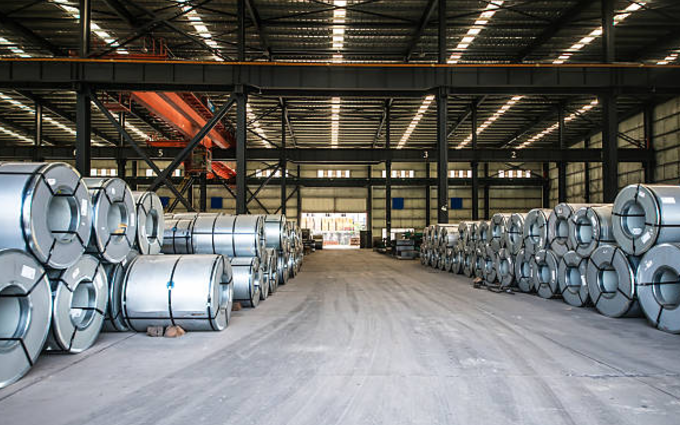
Posted on Tuesday, June 4, 2024
Importing steel coil into the United Kingdom is a process that requires careful consideration of costs, tariffs, delivery logistics, and the quality of the material. In this guide, we will explore these factors in detail to ensure a smooth and cost-effective import process.
The cost of importing steel coil into the UK involves several components:
Tariffs and duties on steel coil imports to the UK are determined by:
You can find the current tariff rates on the UK Trade Tariff Service.
Efficient delivery requires planning:
When importing steel coil, ensure you pay attention to the following:
Q: What documentation is required to import steel coil into the UK? A: You will need a commercial invoice, packing list, bill of lading, certificate of origin, and any relevant certifications such as mill test reports.
Q: How long does it take to import steel coil? A: Shipping times vary depending on the origin country. Typically, shipments from Europe take 3-7 days, while those from Asia may take 4-6 weeks.
Q: Are there any environmental regulations to consider? A: Yes, ensure compliance with UK and EU environmental standards, such as restrictions on hazardous substances in steel coatings.
Q: What are the risks of not inspecting the steel coil upon arrival? A: Without proper inspection, you risk accepting damaged or non-compliant materials, which could lead to project delays and additional costs.
Q: Can I negotiate tariffs or duties? A: Tariffs and duties are set by the government and cannot be negotiated. However, trade agreements or exemptions might reduce costs.
Importing steel coil into the United Kingdom requires careful planning and attention to detail. By understanding costs, tariffs, logistics, and quality requirements, you can streamline the process and avoid costly errors. Always work with trusted suppliers and logistics partners to ensure a smooth import experience.
If you have further questions or need assistance with your steel coil imports, feel free to reach out to industry experts or customs brokers.

Used Purlin Roll Forming Machines for Sale Worldwide
Posted on Sunday, January 25, 2026
Pre-Owned Roll Forming Machines for Purlin & Structural Steel Profiles

Used Roof Panel Roll Forming Machines for Sale Worldwide
Posted on Sunday, January 25, 2026
Pre-Owned Roll Forming Machines for Roofing Panel Production

Used Roll Forming Machines for Sale Worldwide
Posted on Tuesday, January 20, 2026
Pre-Owned Roll Forming Machines with Inspection, Verification & Global Support

Steel Coil Supply for Roll Forming Machines Worldwide
Posted on Tuesday, January 20, 2026
Reliable Steel Coil Supply for Roll Forming, Fabrication & Manufacturing Applications
Copyright 2026 © Machine Matcher.